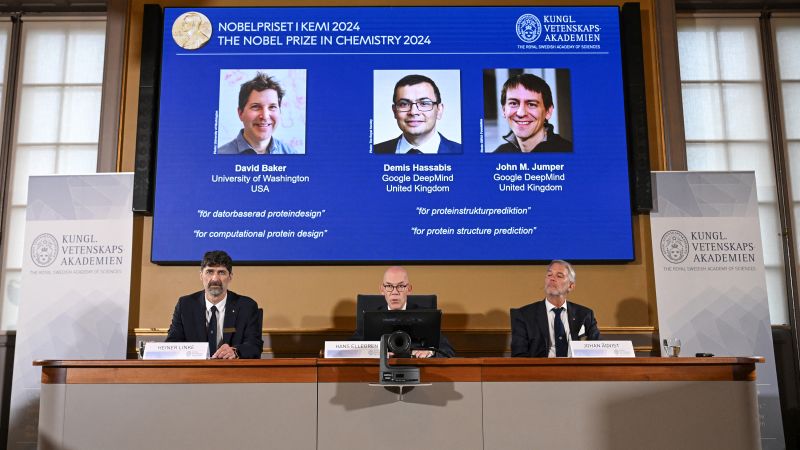The Nobel Prizes for physics and chemistry both recently featured work on the development and application of artificial intelligence, with John Hopfield and Geoffrey Hinton sharing the physics prize for their foundational work in AI, and Demis Hassabis, John M. Jumper, and David Baker winning the chemistry prize for using AI to decode proteins. These achievements were recognized for their significant contributions to the field of AI, revealing the serious impact of this technology. The significance of these awards was underscored by the fact that two of the recipients hold divergent views on the future applications of AI, with Hinton expressing concerns about the potential risks of superhuman intelligence, and Hassabis maintaining a more optimistic outlook on the benefits of AI.
The contrasting perspectives of Hinton and Hassabis highlight the complex debates surrounding AI and its ethical implications. Hinton has warned about the dangers of AI manipulating human behavior, while Hassabis remains optimistic about the positive impact of AI on society. These differing viewpoints raise important questions about the responsible development and use of AI technology, particularly in addressing issues of equality and distribution of benefits. While Hassabis envisions a future of benevolent AI that benefits everyone, Hinton’s concerns about the misuse of superhuman intelligence underscore the need for ethical considerations in AI development and deployment.
The Nobel Prizes’ recognition of AI pioneers suggests a growing acknowledgment of the transformative impact of AI on various fields, while also emphasizing the importance of responsible and ethical AI practices. The Nobel committee’s focus on the technical aspects of AI in their award announcements reflects a more pragmatic approach to highlighting the contributions of AI in science and research. By refraining from speculative visions of AI-driven utopias or dystopias, the Nobel committee’s acknowledgment of AI pioneers serves to celebrate the ways in which AI has already reshaped our world, rather than predicting future scenarios that may or may not come to pass.
The Nobel Prizes’ elevation of AI pioneers also sheds light on the broader societal implications of AI technology and its potential to create positive change in various industries. The recognition of AI pioneers for their technical achievements underscores the importance of integrating AI into research and innovation efforts, while also emphasizing the need for ethical considerations and responsible deployment of AI systems. By focusing on the practical applications of AI in scientific discovery and problem-solving, the Nobel committee’s acknowledgment of AI pioneers offers a more grounded and nuanced perspective on the role of AI in society, highlighting its potential as a transformative tool for positive impact rather than a futuristic panacea.













